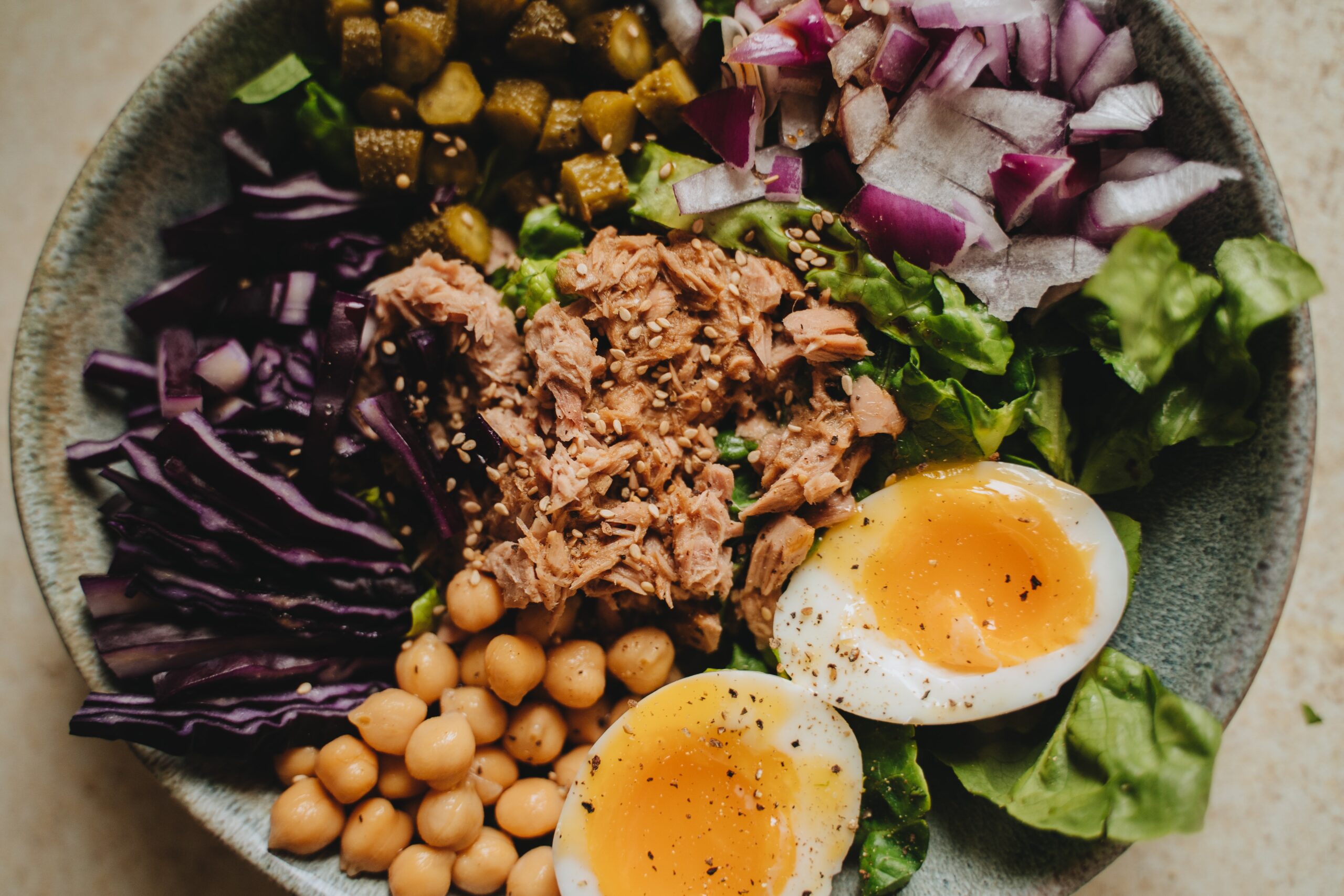Without a plan, your day can become an all day snack fest…which is actually really bad for your gut and metabolic health! Now I love healthy whole foods but I definitely have a criteria when it comes to lunches – it needs to be delicious, quick and do-able! I don’t have the luxury of spending […]
Your health is seasonal, too Spring has sprung, and it’s been a very welcome seasonal change as myself along with many others are still in lockdown here in Victoria, Australia. Many of whom are suffering from chronic health conditions – including those involving the gut – and stress is at an all-time high. There is […]
You may be surprised to learn that I don’t prescribe probiotics for everyone. Now, they can be extremely helpful for some conditions and symptoms, but I generally advise against anyone and everyone taking a daily broad-spectrum probiotic, usually found at the chemist, often poor quality and commonly quite expensive. Why? Because sometimes probiotics can have […]
Browse by Category
mindset
weight loss
hypothyroidism
fatigue
gut health
client results
Looking for Answers?
Every fortnight I send out a little Hello from me to you. It's always got some helpful tidbits for making your Hashi's health goals a reality.
I'm generous so I also send out recipes and other freebies which aren't available elsewhere. You might also hear abut a free workshop I'm hosting or other events I think you might be interested in.
Integrity is very important to me so I respect your time (and brain space!) and only touch base once a fortnight, nooo maam there is no spam! If you're thinking about collaborating with me on your health journey then it's a good way to see if you think we are a good fit too.
Want to keep in touch?
Better than free gelato!





